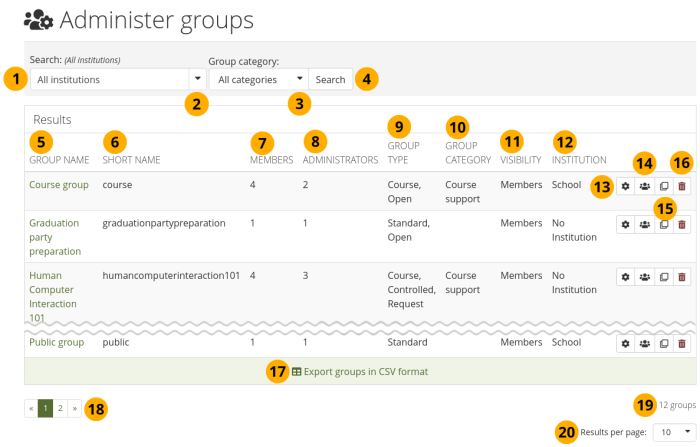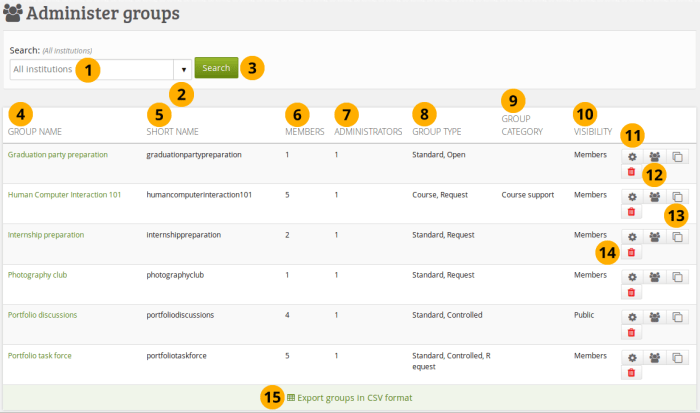What does a DTA need in order to administer groups? This article delves into the qualifications, knowledge, and skills necessary for Drug and Alcohol Treatment Assistants (DTAs) to effectively facilitate and manage group therapy sessions. Understanding the dynamics of group interactions and possessing strong communication, interpersonal, and organizational abilities are crucial for DTAs to create a positive and productive group environment.
DTAs play a vital role in group therapy, guiding participants through their recovery journeys. By fostering a safe and supportive space, DTAs empower individuals to share their experiences, learn from one another, and work towards their treatment goals.
What Does a DTA Need in Order to Administer Groups?

To effectively administer groups, a Drug and Alcohol Technician Assistant (DTA) requires a combination of qualifications, knowledge, and skills. These include formal training, relevant certifications, and experience in group facilitation. Additionally, a DTA must possess a deep understanding of group dynamics and the ability to foster positive group interactions and outcomes.
Qualifications and Experience, What does a dta need in order to administer groups
- Formal education or training in counseling, social work, or a related field
- Certification in group facilitation or a related area
- Experience in leading or co-leading groups in a clinical or community setting
- Understanding of addiction treatment principles and practices
- Knowledge of ethical guidelines for group work
Knowledge of Group Dynamics
A DTA must have a solid understanding of group dynamics, including the roles and responsibilities of group members, the stages of group development, and the factors that influence group behavior. This knowledge enables the DTA to anticipate and address challenges, foster collaboration, and create a safe and supportive environment for group members.
Communication and Interpersonal Skills
Effective communication and interpersonal skills are essential for a DTA. The DTA must be able to actively listen, demonstrate empathy, and resolve conflicts in a constructive manner. Strong communication skills also allow the DTA to establish rapport with group members and build trust, which is crucial for successful group outcomes.
FAQ Resource
What are the essential qualifications for a DTA to administer groups?
DTAs typically require a high school diploma or equivalent, certification in drug and alcohol counseling, and experience working with individuals in recovery.
Why is it important for DTAs to understand group dynamics?
Understanding group dynamics allows DTAs to anticipate and address challenges that may arise, such as conflicts, resistance, and power struggles.
How can DTAs foster positive group interactions?
DTAs can foster positive group interactions by establishing clear ground rules, promoting active listening, and encouraging empathy and respect among participants.


